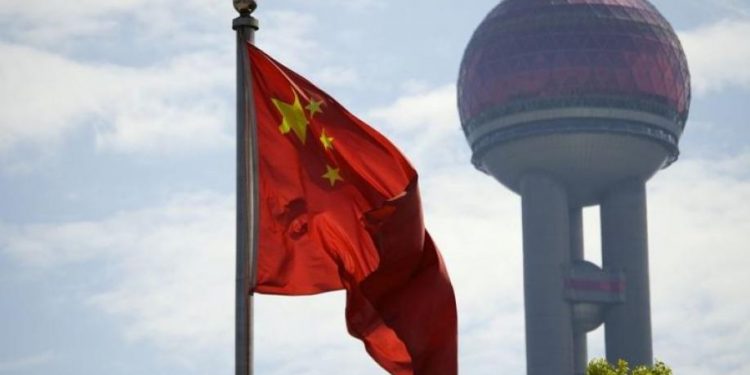Disturbing reports are coming from Europe and Africa that China, under the leadership of President Xi Jinping, is now trying to extend its control of his detractors outside the country as well, using methods that allegedly violate international laws. There are allegations that these dissidents scattered over continents are being persuaded to return to China with the threat that otherwise their relatives back home will be subjected to harsh treatment. Reports suggest China has established dozens of “overseas police stations” in different countries around the world that could be used to track and harass dissidents. The purpose is projected to be part of Beijing’s crackdown on corruption. But, the real intent is different. After Xi became President for the third term and consolidated his position as the supreme boss of the country in the recent Chinese Communist Party Congress, he appears to be training his guns on dissidents living outside China so that the latter cannot speak against him and mobilise international opinion against his regime.
Spanish-based non-government group Safeguard Defenders published a report recently highlighting the operations of the Chinese foreign stations. Laura Harth, campaign director with the group, told the media that China has set up at least 54 overseas police service stations. One of the aims of this move is allegedly to crack down on dissidents and silence them. This has caused panic among the overseas Chinese community who fear their family members back in China may be targeted for repression and persecution. China’s official position is that it wants to try them for allegations of corruption which is the mainstay of Xi’s major policy initiative to take on his foes within the country.
Predictably, Chinese Foreign Ministry spokesperson Mao Ning denied Beijing is involved in any wrongdoing. “Chinese public security authorities strictly observe the international law and fully respect the judicial sovereignty of other countries,” Ning said.
Many of the facilities appeared to have links to the Fuzhou and Qingtian areas from where many overseas Chinese originate. The Irish government said it told China to close a Fuzhou Police Overseas Service Station operating in Dublin. The Department of Foreign Affairs said Chinese authorities did not make an advance request to set up the office. The Irish government has made it clear that actions of all foreign states on Irish territory must be in compliance with international law and domestic law requirements.
Likewise, the Dutch government said it was looking into whether two such police stations — one a virtual office in Amsterdam and the other at a physical address in Rotterdam — were established in the Netherlands. The Dutch Ministry of Foreign Affairs is concerned that the government was not informed about these centres through diplomatic channels.
Another Chinese Foreign Ministry spokesperson, Wang Wenbin, sought to gloss over reports on foreign outposts saying that these have been set up only to help Chinese nationals in getting services such as renewing their driver’s licenses. He also insisted that China has cracked down on what he called transnational crimes, abiding by international laws.
However, the claim appears to be dubious as reports suggest these actions are being taken without authorisation by respective foreign governments. A Hungarian opposition lawmaker claimed this month to have discovered two sites in Budapest where Chinese overseas police stations operated without the knowledge of the country’s Interior Ministry.
The Manchester police have also begun an investigation into the assault of a Hong Kong activist who was recently dragged into the Chinese consulate’s grounds during a protest rally. Britain’s response to the incident has, however, been muted for diplomatic and economic reasons.
This is the trap. If alleged human rights violations by China on foreign soil go unchecked, it would only help Xi’s ambition of global domination using ruthless methods. Sri Lanka and Africa are already tasting the bitter fruits of Chinese penetration.
On the other hand, the Government of India seems blissfully unaware or is informed but helpless to react to any Chinese police activity on Indian soil. It is imperative for it to curtail or block any such inimical Chinese initiative for ensuring safety and security of Indian citizens.






































